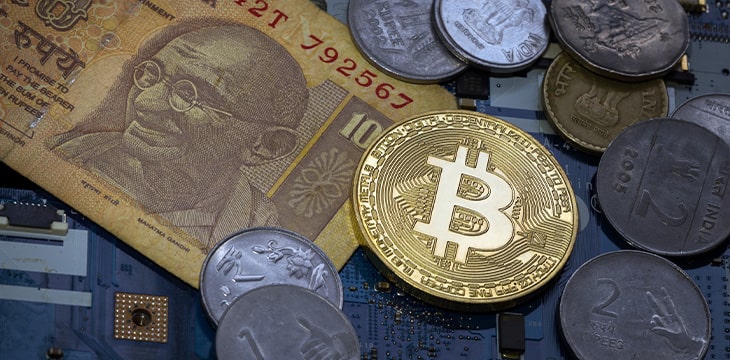|
Getting your Trinity Audio player ready...
|
Digital currency exchanges have asked the National Payments Corporation of India (NPCI) to reinstate support for them to use the Unified Payments Interface (UPI) system. The exchanges sent a letter to the Indian payments and settlements systems regulator asking for an audience to discuss the NPCI’s concerns.
According to an Economic Times report, the letter was co-signed by members of the Blockchain and Crypto Assets Council (BACC). The body is part of the Internet and Mobile Association of India (IAMAI), and has members including CoinSwitch Kuber, WazirX, and CoinDCX.
“We asked for some time with the NPCI to understand their reservations and put forth our viewpoint to remove any misunderstanding,” a spokesperson for the exchanges told the outlet.
Back in April, the state-run payments service provider issued a notice that it had not authorized or was aware of any digital currency exchanges using the UPI system—a peer-to-peer payments platform. The notice was given shortly after Coinbase (NASDAQ: COIN) launched its services in India with support for deposits and withdrawals via the UPI system.
The notice inadvertently led to the shutting down of Coinbase’s exchange services in India. Other digital currency exchanges also saw payment service providers withdraw their services following the news.
Reuters reported at the time that the move, coupled with other factors including the implementation of a 30% tax regime, caused apprehension in the Indian digital currency market and was a major setback for digital currency adoption.
The Economic Times maintains that, at present, the NCPI is still unlikely to retract its declaration and restore access to the UPI system for digital currency exchanges.
India’s regulatory digital currency climate remains unclear
The Indian digital currency industry continues to face stiff opposition from the government. The Reserve Bank of India (RBI) issued a directive to ban digital currencies but saw it revoked by the Supreme Court.
The RBI’s stance on digital currencies is still largely conservative. The central bank officials have warned that digital assets could dollarize the Indian economy.
To battle this risk, India is also seriously exploring launching a central bank digital currency (CBDC). In its annual report, the RBI stated that a gradual CBDC launch is one of its top priorities in 2022 to 2023 fiscal year. RBI deputy governor, T. Rabi Sankar, reiterated this recently, stating that CBDCs can help kill off private digital currencies.
Watch: The BSV Global Blockchain Convention, Blockchain for Digital Transformation of Nations
https://www.youtube.com/watch?v=ggbZ8YedpBE&t=33390s

 02-22-2026
02-22-2026 




